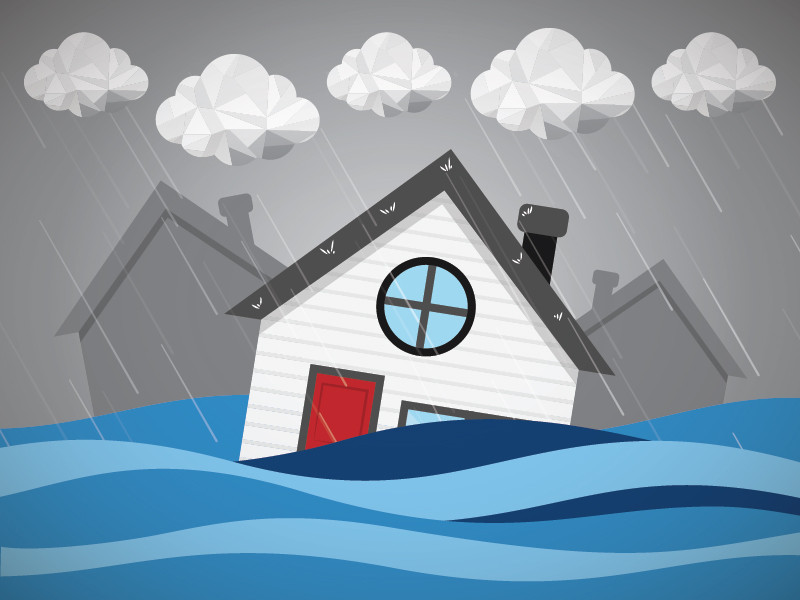Dhaka: Despite significant gains in reducing the human toll from climate disasters, Bangladesh continues to face severe and increasing climate risks, according to the World Bank Group’s Country and Climate Development Report for Bangladesh issued on Monday.
Without urgent action, the report says, the country’s strong growth potential could be in risk.
The report recognizes Bangladesh’s successful experience with locally-led climate adaptation and recommends investments in infrastructure and services to strengthen climate resilience while supporting long-term growth.
The report estimates that Bangladesh could raise up to $12.5 billion in additional financing in the medium-term for climate action.
"Bangladesh has led the way in adaptation and disaster risk management. Over the past 50 years, it has reduced cyclone-related deaths 100-fold. Other countries can learn from this," said Martin Raiser, World Bank Vice President for South Asia, in a media release on Monday
"But with ever-increasing climate risks, further adaptation efforts are vital, and a low-carbon development path is critical to a resilient future for Bangladesh," Raiser added.
Climate change will hit poor and vulnerable people the hardest. Average tropical cyclones cost Bangladesh about $1 billion annually. By 2050, a third of agricultural GDP could be lost and 13 million people could become internal climate migrants. In case of a severe flooding, GDP could fall by as much as 9 percent.
At just 0.4 percent, Bangladesh’s current contribution to global greenhouse gas (GHG) emissions is not significant. But with its large population and fast economic growth, if the country follows a ‘business-as-usual’ development pathway, GHG emissions will increase substantially. Bangladesh also faces a high level of air pollution, which costs about 9 percent of GDP annually. Improved air quality standards across multiple sectors will improve health and increase climate resilience. The country’s 2021 Nationally Determined Contributions (NDCs) commit to reducing emissions by 21.8 percent by 2030. With strong implementation, technology development and uptake, and regional collaboration, Bangladesh can exceed these commitments.
Cek Berita dan Artikel yang lain di Google News
FOLLOW US
Ikuti media sosial medcom.id dan dapatkan berbagai keuntungan



















